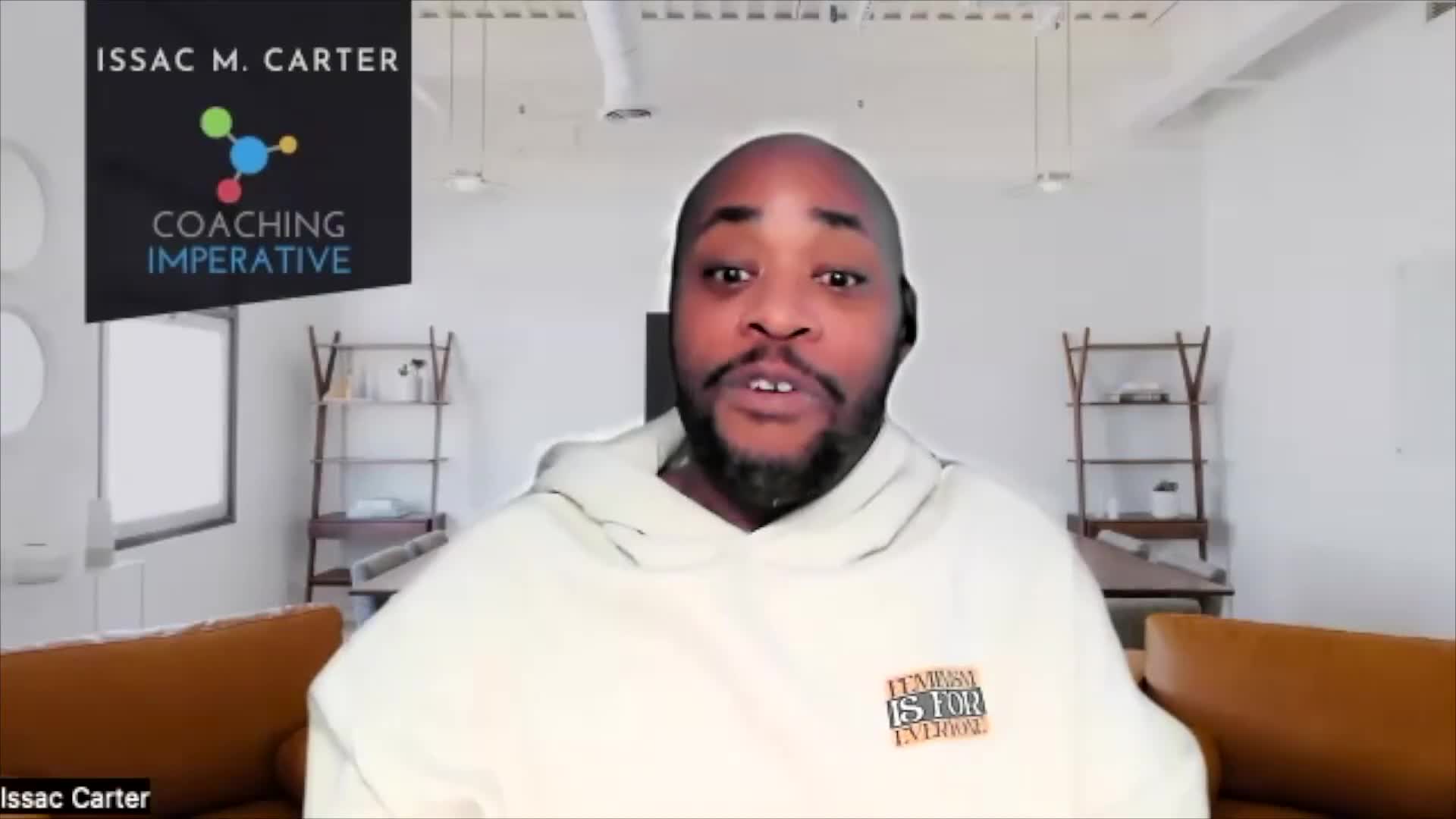Experts urge organizations to teach teams to disagree productively to limit workplace conflict
Get AI-powered insights, summaries, and transcripts
Subscribe
Summary
On the Organized Chaos podcast, Dr. Isaac Carter and Dr. Loree Kiley Clavida recommended concrete tools — emotional intelligence, polarity thinking, role-swapping and clear job descriptions — to reduce destructive conflict and help organizations rebuild culture amid hybrid work shifts.
On the Organized Chaos podcast, Dr. Isaac Carter, founder and principal consultant of Coaching Imperative, and Dr. Loree Kiley Clavida, retired professor of human behavior at the University of Southern California and founder of We Will Inc., outlined practical steps organizations can take to reduce destructive workplace conflict and strengthen culture as hybrid and return-to-office policies shift.
The conversation focused on why conflict becomes personal and how organizations can structure behavior and practices to make disagreement productive instead of damaging. "Conflict is a character position for me," Dr. Isaac Carter said, arguing that how people handle disagreement reveals values and should be treated as a skill to teach and practice.
Why this matters: speakers said everyday workplace disputes, if allowed to become personal, can permanently damage relationships and reduce an organization’s ability to operate. Dr. Clavida said the root of many conflicts is a power struggle over "who gets to tell who what to do," and that framing disagreements as winners and losers leads to entrenched, recurring disputes.
Both speakers recommended several concrete approaches. Carter emphasized emotional intelligence and cultural awareness — helping individuals self-regulate, recognize others’ perspectives and prioritize collective goals over individual wins. He also recommended organized, recurring communal practices to maintain ties across distributed teams, such as shared social events or short, regular rituals that build familiarity and mutual monitoring of behavior.
Clavida described practical exercises she uses in training: forcing people to argue the opposing view, assigning role‑switching tasks and training mediators. She said such steps reduce inflammatory language, encourage people to "step inside somebody else's reality" and produce more durable solutions. In one example of a classroom exercise she described, students didn’t learn which side they would debate until they reached the stage; the exercise forced them to master and articulate both perspectives.
Both speakers endorsed "polarity thinking" as a decision tool. Carter said polarity thinking helps teams identify "what is good about my position, what is limiting about my position, what is good about the other person's position, what's limiting," and then seek a "third way" that preserves strengths from both positions.
Practical managerial steps discussed included: inventorying employees’ "hot buttons" so colleagues understand triggers and can avoid pushing them; requiring staff to first articulate the other party’s position before complaints will be heard; and updating or creating clear job descriptions as the baseline for decisions about remote work. "You've got no leg to stand on without a job description," Clavida said, urging organizations to align expectations to role requirements rather than anecdotes or informal norms.
Carter and Clavida also suggested low-cost, recurring practices to rebuild workplace intimacy after distributed work, such as team outings (sound baths, Topgolf, themed events), short shared rituals and routine acknowledgement of promotions or milestones. Carter said organizations that treat cultural work as practice — not a one-time event — see teams self-monitor conflict and repair relationships more readily.
The panelists warned against debate tactics used among peers, which Clavida said were meant for third-party adjudication and often damage relationships when used bilaterally. Both urged leaders to focus on building a shared language and rituals that reduce personalization of disagreement.
The episode closed with the hosts noting the complexity of the issue and promising to continue the conversation in a future episode about leadership do‑overs.
